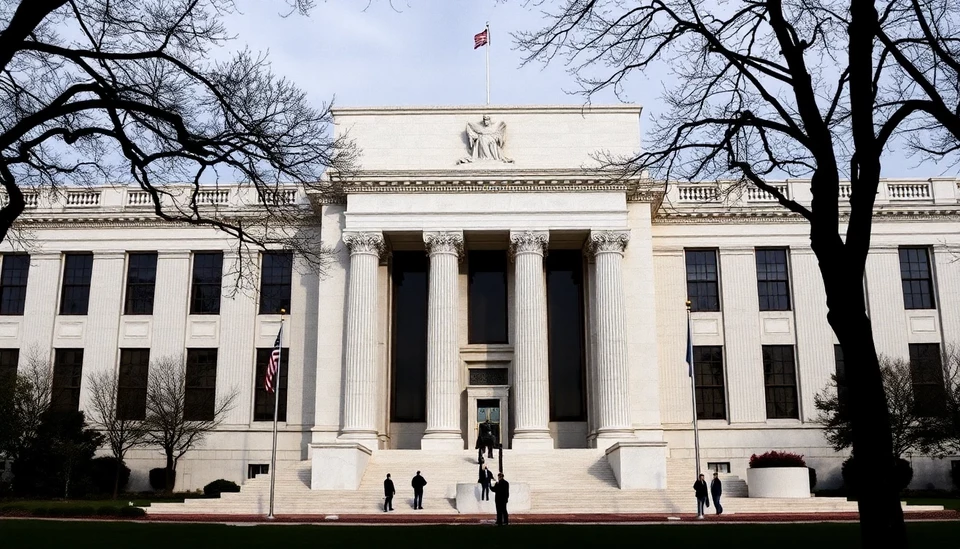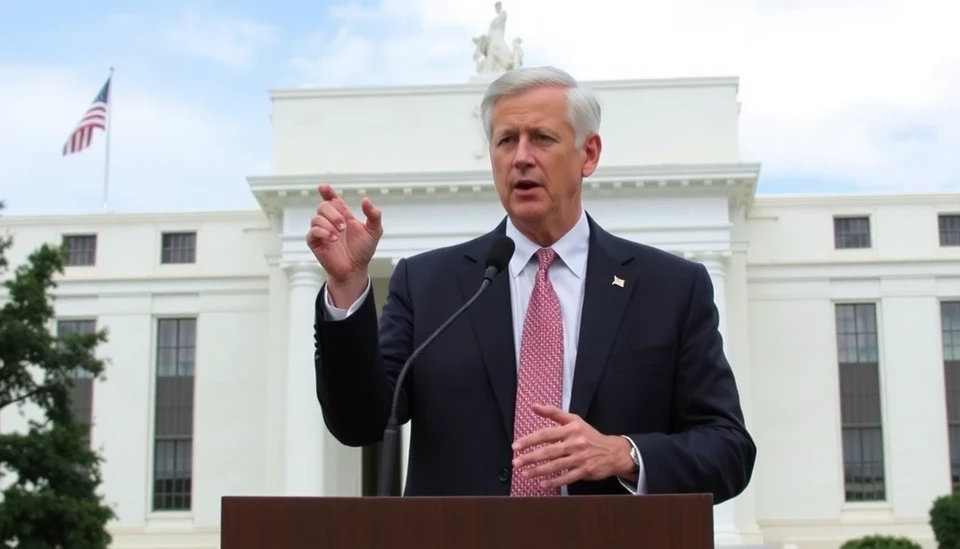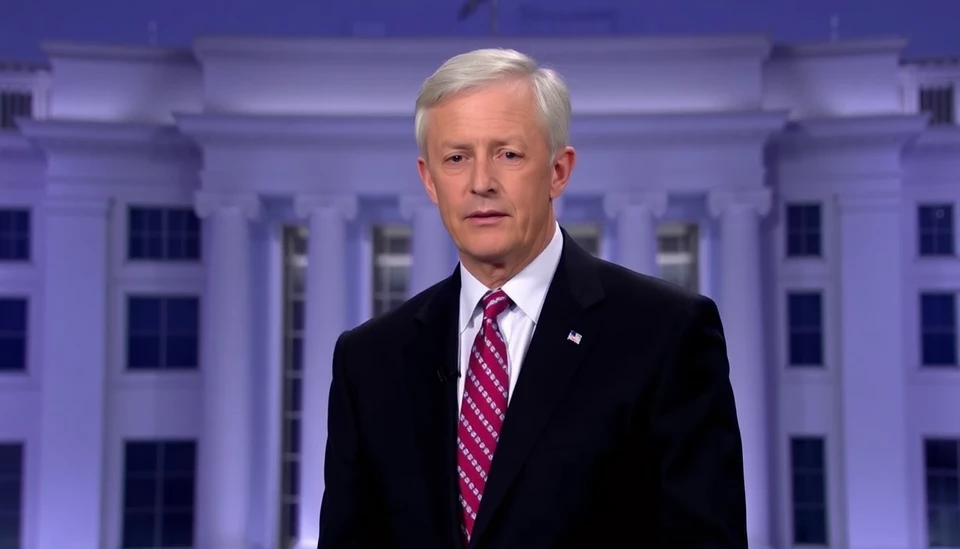
The Federal Reserve’s Vice Chair for Supervision, Michael S. Jefferson, has made significant remarks about the influence of artificial intelligence (AI) on the economy, particularly regarding the speed at which monetary policy impacts asset prices. In a recent discussion, Jefferson underscored that the rapid advancements in AI technology could be reshaping the traditional dynamics of economic policy effectiveness.
Jefferson stated that AI's innovative capabilities are not only altering the landscape of financial markets but are also enabling quicker responses to monetary policy changes. This shift poses unique challenges for the Federal Reserve as the balance between managing inflation and fostering economic growth becomes increasingly complex in the age of technology.
Traditionally, policymakers relied on well-established timelines to assess how changes in interest rates affected the economy and asset prices. Jefferson argues that with AI, these timeframes may be shortened, leading to a more immediate market response. This immediacy could destabilize the expected linear relationship between monetary decisions and economic outcomes, making it imperative for the Federal Reserve to adapt its approach.
In his speech, Jefferson emphasized that the evolving nature of AI technology necessitates a reevaluation of current risk models, suggesting that financial institutions must leverage AI to better predict market fluctuations. Furthermore, he expressed concerns about potential disparities in access to AI tools, which could widen the gap between larger financial entities and smaller firms unable to invest in such technologies.
As AI continues to proliferate within the financial sector, Jefferson noted that regulatory measures may also need to evolve. He hinted at the necessity for the Fed to consider new frameworks to ensure that these technological advancements do not lead to systemic risks. He called on both regulators and financial institutions to engage in proactive discussions to mitigate potential pitfalls associated with the rapid integration of AI in finance.
Overall, Jefferson's insights shine a light on the profound impact that AI technologies could have on future economic policies, signaling that the Federal Reserve must remain vigilant and adaptable in its strategies. The potential instantaneous reactions of asset prices to changes in economic policy present both opportunities and challenges as the integration of AI becomes increasingly prevalent in the financial landscape.
In conclusion, as the economic environment shifts under the influence of AI, stakeholders within the financial industry, including policymakers, analysts, and investors, will need to approach future strategies with a new lens that accounts for the unprecedented changes technology brings to the table.
#FederalReserve #AI #Economy #AssetPrices #MichaelJefferson #MonetaryPolicy #FinanceTechnology
Author: Daniel Foster




